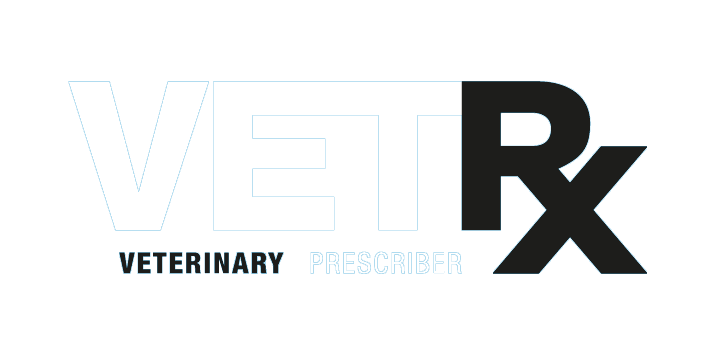The dog's blog no.6 - The unwanted effects of medicines
The unwanted effects of medicines
When a new medicine is first marketed, knowledge about its unwanted effects (adverse effects or side effects) is limited to what has been learned from using it in pre-clinical and clinical trials. This means it will only have been used in carefully selected groups of animals for a limited amount of time. The total number of animals treated before marketing is relatively small - no more than a few hundred at best. But once marketed, the drug will be used in many more animals, in a much wider range of animals - in different breeds and in animals with concurrent diseases, and for longer durations. So serious and rare effects may emerge only after a drug is marketed, sometimes years later.
Continued monitoring of the safety of medicines after they are licensed is therefore crucial to helping us learn about the balance between the benefits and harms of treatments. As well as detecting new unwanted effects, this process, known as pharmacovigilance, can help clarify the frequency of known adverse effects and help with understanding what makes some animals more susceptible than others to certain effects. It relies on spontaneous reporting of adverse effects by people who prescribe, supply and use veterinary medicines (vets, vet nurses, SQPs, pharmacists and owners). Reports can be made directly to the Veterinary Medicines Directorate (VMD) or to the relevant companies, which are required to pass them on to the regulator.
According to the results of a recent Europe-wide survey, vets in the UK are pretty good at reporting compared with those in some other countries. But the survey estimates that most adverse events still remain unreported.
As more becomes known about a medicine, changes to the prescribing information can follow, as has occurred recently for the parasiticide Bravecto, which should now be used "with caution" in dogs with pre-existing epilepsy.
You might also like
Veterinary Prescriber’s CPD module “Spotlight on Bravecto”
Our purpose...
......is to provide busy veterinary professionals with impartial information on veterinary medicines with which to make treatment decisions in the best interests of animals, their owners and the environment. We mainly do this through the Virtual Veterinary Medicines Academy where our evidence-based peer-reviewed appraisals are the result of a rigorous research and editorial process and are presented succinctly in our multi-media CPD modules. We’re independent: we don’t sell ads, or receive commercial support. We’re funded by subscribers so you can be sure the information we provide is completely objective. Subscribers get unlimited access to the Virtual Veterinary Medicines Academy.
